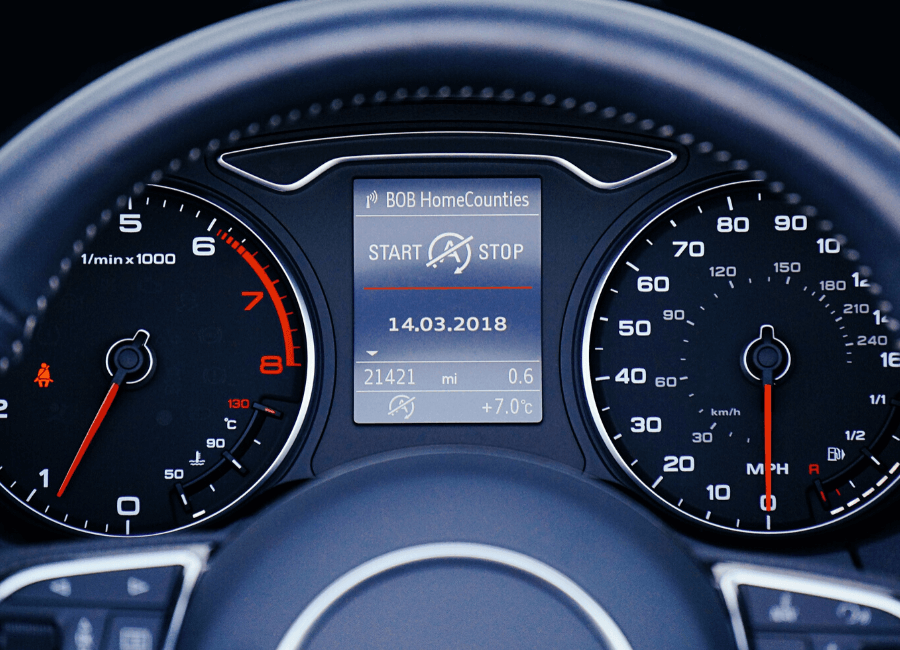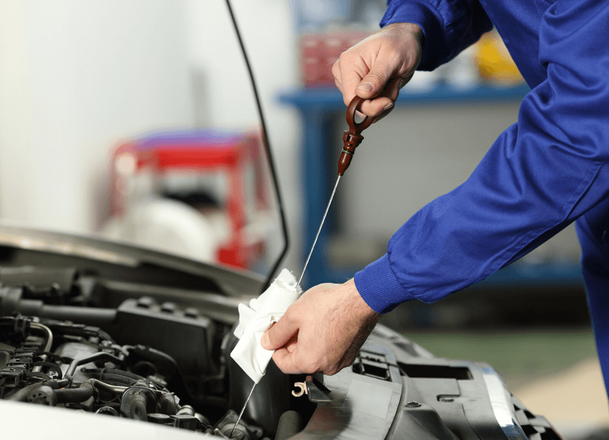What is Preventative Maintenance?
Here are five of the most important maintenance projects that will keep your car on the road:
1. Maintain Regular Services
|
Oil Changes
Keeping your oil filters fresh, sludge-free and your oil levels topped off, is essential to the operation of your car. The oil acts as a lubricant for all the moving metal parts in your engine. When your oil is old and dirty, or the filter is clogged up, it causes excess wear on the engine. This can cause major breakdowns in critical functions of your car. Brakes Keeping your brakes in good shape is the difference between life and death in some circumstances. If your brakes start to squeal, chances are your brake pads are low, and you should replace them soon. This is a job that can be done at home, or most tire shops can help with this project. |
|
Fluid levels:
Your engine depends on you to maintain its fluid levels. Oil lubricates the system, and brake fluid maintains the pressure in the brake lines. This makes the brakes stop your tires when you apply your foot to the brake pedal. Transmission fluid keeps your car shifting from gear to gear and power steering fluid keeps your steering wheel easy to turn. Windshield wiper fluid helps keep your windshield clear when you need to clean your windshield from road grime and debris. These are all critical fluids to keep your car’s systems moving you forward. Tires Keeping the depth of your tread in mind will prevent collisions and flat tires in most cases. The easiest way to check the tread depth is to use the penny test. You want the tread to cover Lincoln’s head. This ensures you have at least ⅛ inch of tread. If you’ve got less, it’s time for a tire upgrade. Weather is also an indicator of your need to change tires. If your area experiences heavy snow, it’s advisable to switch out to snow or studded tires at the beginning of the season, and back to regular tires at the end of the season. Another option is to opt for Siped All-Weather tires. |
2. Non-aggressive Driving
Some examples of how aggressive driving can damage your car’s engine, and promote car breakdowns are below:
|
Hard Stops and Starts
These wear down your brakes faster than smooth transitions. Also, applying brakes constantly downhill (or dragging) causes heat buildup that damages your brake system. Revving Your Engine in the Cold Riding the Clutch Burnouts and Skid Stops |
3. Avoid Hauling Extra Weight
4. Don’t Ignore the Warning Lights on Your Instrument Panel

You can also go to any local parts store and ask them to run a diagnostics scan on your car. They have tools to plug into your car’s system and read the warning light triggers. Jot down the codes you get and take them to a mechanic for repairs.
5. Learn to Listen to Your Car
Especially in older model cars, you’ll often hear or feel a change before a warning light will ping. For example, a brake pad that has worn unevenly will shimmy before it squeals in most cases. Low tire pressure in one or more tires may cause a drift in the steering that isn’t usually there. A leak in the oil may cause a burning smell as it drips on the hot engine block, or a bubbling sound may alert you to an overheating radiator before the temperature spikes.

